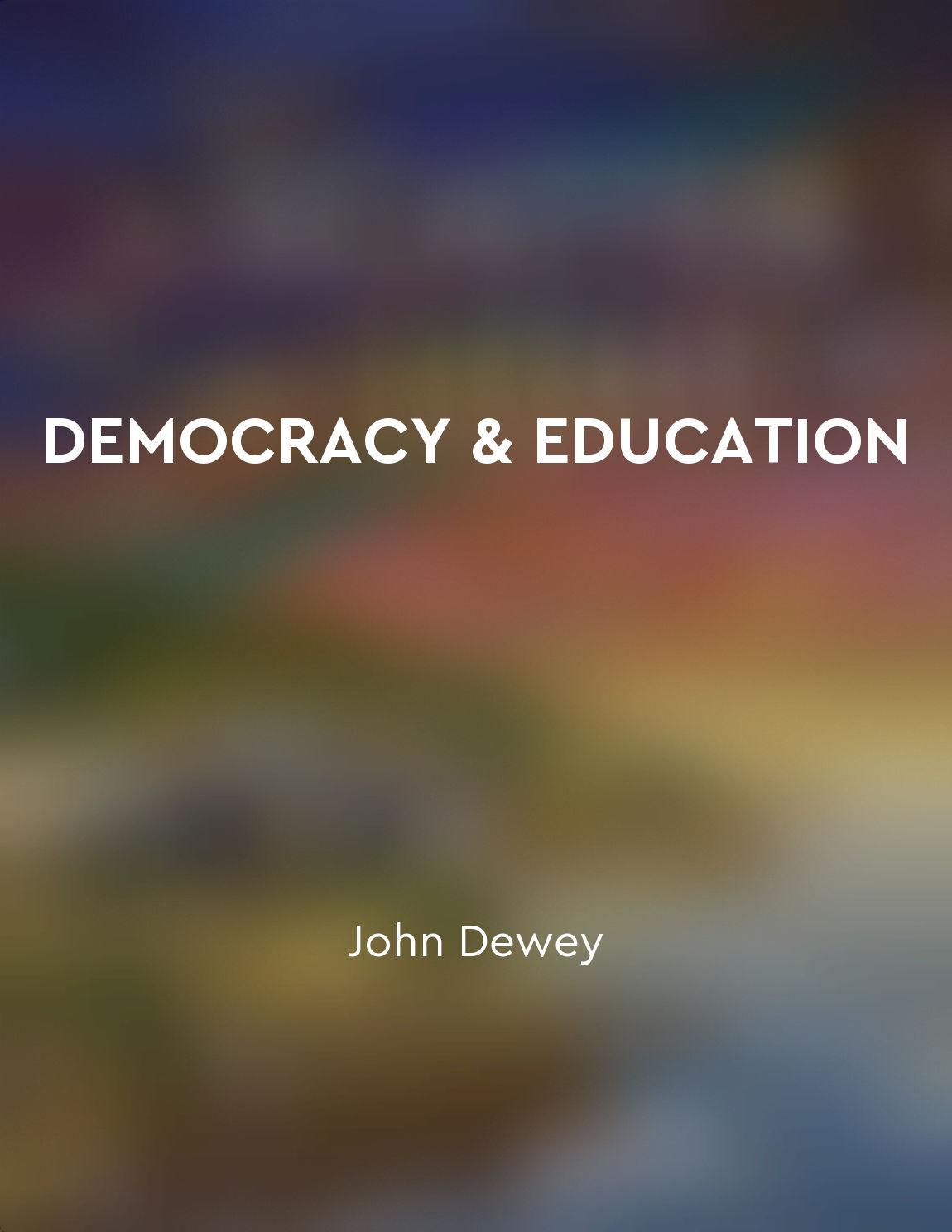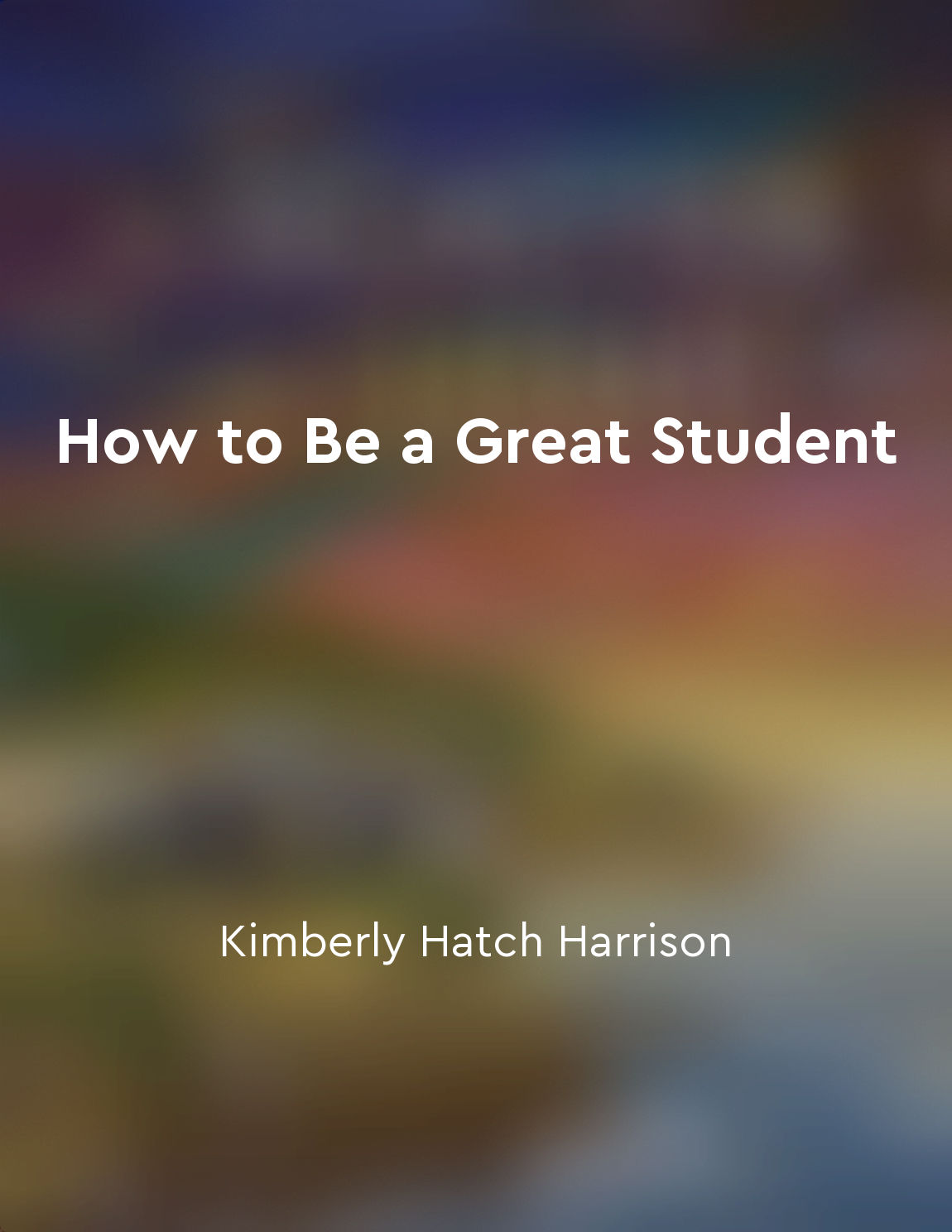Students learn best when content is relevant to their lives from "summary" of Why Don't Students Like School? by Daniel T. Willingham
The idea that students learn best when content is relevant to their lives is supported by cognitive science research. When people consider a question or solve a problem, they use information from their long-term memory. If they can't find relevant information, they are unlikely to be able to think deeply about the question. In contrast, when they can use relevant information, they are more likely to think about the question and learn from the experience. This is why students learn best when content is relevant to their lives. This principle is supported by the concept of "cognitive miserliness," which suggests that people are naturally inclined to think as little as possible. If students are not motivated to think deeply about a question, they are likely to rely on their instincts and prejudices rather than seeking out new information. When content is relevant to their lives, students are naturally more motivated to think deeply about a question and seek out new information. This makes it more likely that they will learn from the experience. Furthermore, when content is relevant to students' lives, they are more likely to see connections between what they are learning and their own experiences. This helps them to see the value of what they are learning and understand how it can be applied in real life. When content is irrelevant, students are more likely to see learning as a chore rather than a valuable experience. This can lead to disengagement and poor performance in school.- The idea that students learn best when content is relevant to their lives is supported by research in cognitive science. When content is relevant, students are more likely to think deeply about a question, seek out new information, and see the value of what they are learning. This leads to greater engagement, better performance, and a more positive attitude towards learning.
Similar Posts
Adults should act as facilitators rather than instructors
In the traditional view of education, adults are seen as the ones who impart knowledge to children, acting as instructors in th...

Learning is a social process
Learning is a social process because it involves interaction with others. When individuals engage with others, they have the op...
Designed for 2024 Board Exams
The materials provided in this resource have been meticulously crafted to cater to the specific requirements of the 2024 Board ...

Take Effective Notes
When it comes to taking notes, it's important to remember that not all notes are created equal. Simply jotting down everything ...
The book promotes a holistic approach to learning Science
The approach to learning Science put forth in this book is comprehensive and all-encompassing. It goes beyond mere memorization...
A valuable resource for mastering Class 10 Science concepts
The NCERT Class 10 Science Solutions provided by Jagran Josh are designed to help students master key concepts in Science. The ...
Teachers should be facilitators of learning rather than dispensers of information
The traditional image of a teacher involves standing in front of a class, delivering information to passive students who are ex...
Curriculum reform essential for knowledge acquisition
Hirsch argues that the current education system in America is failing to adequately equip students with the knowledge they need...
Cultivating a sense of intellectual humility
One of the key aspects of becoming a successful learner is the development of intellectual humility. This involves recognizing ...
Emphasize the value of mistakes in growth
When it comes to learning and growth, mistakes are often seen as something negative to be avoided at all costs. However, what i...

